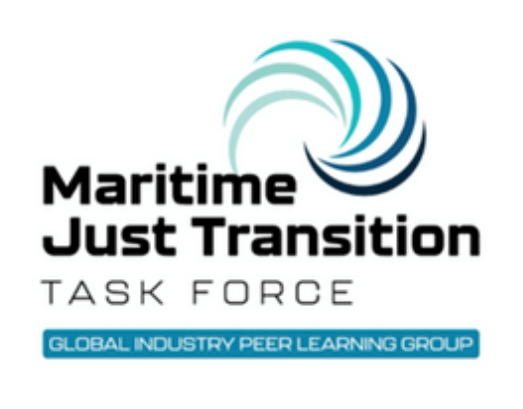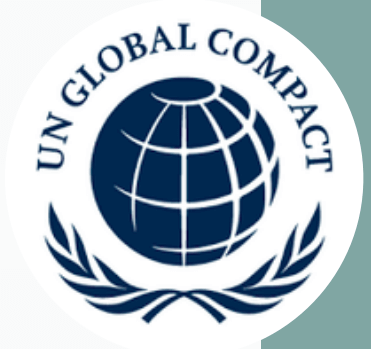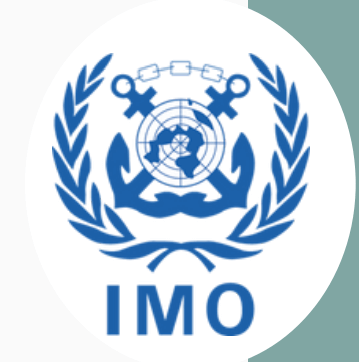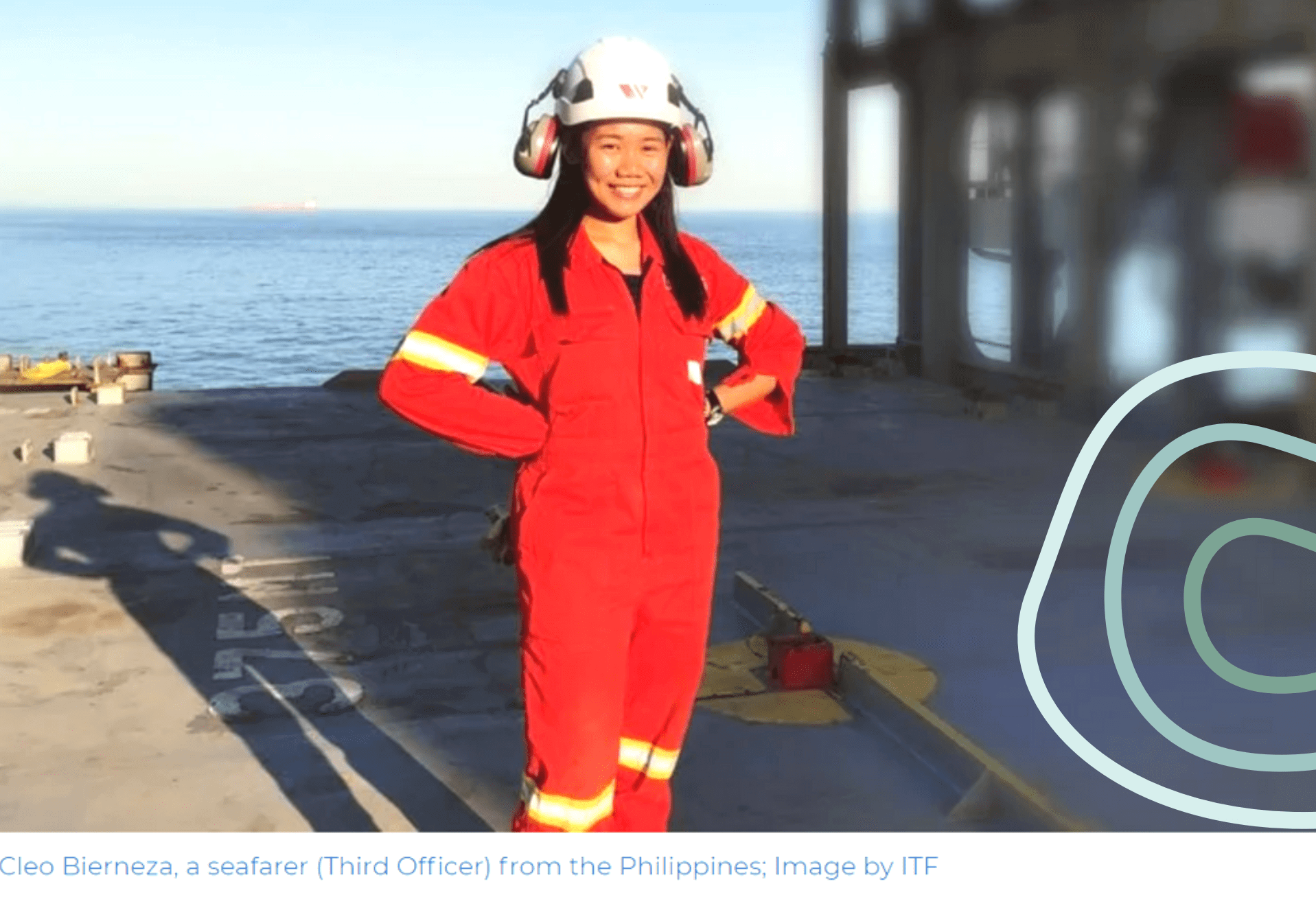Shipping decarbonization action plan launched to upskill global seafaring workforce
NOV 11, 2022
9 November 2022, COP27 – Sharm El Sheikh, Egypt: A new Action Plan, launched at COP 27 by UN organizations, shipowners and unions, sets out recommendations to upskill seafarers to meet shipping’s decarbonisation goals. The plan is in response to findings from new research, the modelling of which cautions that as many as 800,000 seafarers will require additional training by the mid-2030s.
Currently accounting for 3% of global emissions, shipping needs to transition away from conventional fuels towards alternative low- and zero-carbon fuels and technologies to meet the world’s target of keeping global warming to 1.5C or less by 2050.
The three emission reduction scenarios assessed in the research highlight an immediate need to start putting the training infrastructure in place, to ensure hundreds of thousands of the world’s nearly two million seafarers are upskilled and empowered through the transition.
Findings also suggest that a lack of certainty on alternative fuel options is having knock-on effects for seafarer training, as the global maritime community works towards a clearer decarbonization pathway in a post-fossil fuel era.

The research was conducted by leading maritime consultancy DNV and commissioned by the Maritime Just Transition Task Force which was formed to ensure that shipping’s response to the climate emergency puts seafarers and communities at the heart of the solution. PTC is a proud partner of the Maritime Just Transition Task Force.
In response to the training challenge that the modeling lays bare, the Action Plan makes recommendations for industry, governments, seafarer unions, and academia (including training providers). These recommendations include:
- • Strengthening global training standards
- • Ensuring a health-and-safety-first approach
- • Establishing advisory national maritime skills councils

Sanda Ojiambo, Assistant Secretary-General, and CEO of the UN Global Compact said: “Climate action focused on people and job creation must be at the core of a Just Transition to Net Zero. This new paper highlights that aligning with a 1.5 C trajectory requires action now to support the upskilling of the maritime workforce as the shipping industry moves to rapidly cut its greenhouse gas emissions. The action plan represents a global first - it marks the first business sector uniting in a tripartite framework - shipowners, seafarers’ unions, and UN organizations - to discuss how to secure a Just Transition together.”

Stephen Cotton, General Secretary of the International Transport Workers’ Federation (ITF) said, “All three scenarios DNV identified require some form of retraining the workforce. The good news is that seafarers are prepared and willing to be part of this transition. But the crew wants to know that the fuels they’re handling are indeed safe and that we as an industry have the training pathways established to upgrade their skills. Seafarers and other maritime workers are already feeling the effects of an unstable climate – dry unnavigable rivers, soaring ocean surface temperatures, shutdown ports with heatwaves, and flash floods.”

Guy Platten, Secretary General of the International Chamber of Shipping, said: “There is an urgent need to establish the infrastructure and training required to prepare our seafaring workforce, both in developed and developing countries, to help meet our decarbonization objectives. This should be done as of today, so they are ready and able to meet the challenges that new green fuels and propulsion technologies will pose and mitigate any potential health and safety risks for ships, communities, the environment, and seafarers themselves. This is an opportunity for all so that no one is left behind. Shipping cannot decarbonize without its workers and the 10-point action plan developed by the Task Force maps out a pathway for how this can be achieved, as our industry continues to navigate towards a decarbonized future.”

Kitack Lim, Secretary General of the International Maritime Organization, said: “Climate change is a global issue that requires a global response. We must use every tool available to decarbonize the maritime sector. Alternative fuels and green technologies can help meet emission reduction targets. This cannot happen without the people who will be at the heart of implementing shipping’s decarbonization journey. It is clear that seafarers must have the appropriate training for a smooth transition to a greener future. This is something that will be in sharp focus as IMO works on its comprehensive review of the STCW Training Convention.”

Gilbert F. Houngbo, Director-General, International Labour Organization: “ A Just Transition to addressing the climate crisis must be human-centered. Greening the economy in a way that is as fair and inclusive as possible to everyone concerned, creating decent work opportunities and leaving no one behind, is essential. Efforts to decarbonize shipping should be undertaken in accordance with the ILO Guidelines for a just transition towards environmentally sustainable economies and societies for all. Doing so will achieve a transition for seafarers and other maritime workers based upon the importance of labour standards, productivity, skills development, lifelong learning, social justice and equality, and which is therefore truly sustainable.”
Cleo Bierneza, a seafarer (Third Officer) from the Philippines working aboard cargo ships, said “As seafarers, we see climate change happening. Some voyages get very hot nowadays for crew onboard, and in some places of the world, the weather will change extremely, without warning. It didn’t use to be like that. I would like maritime to reduce our own carbon if we can, so the crew can have a more stable climate to work with. I am excited about a Just Transition because we can make seafaring an even better job and hopefully bring in more women to become seafarers.”

Reach us
Let us know how we can be of service to you.
